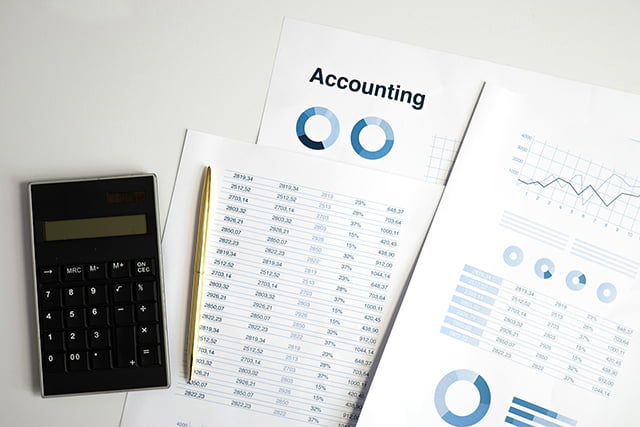
Accounting is the recording of financial transactions along with storing, sorting, retrieving, summarizing, and presenting the resulting various reports and analyzes. Accounting is also a field of study and profession dedicated to carrying out those tasks.
Table of Contents
What is a simple definition of accounting
Accounting is the process of recording financial transactions pertaining to a business.
The accounting process includes summarizing, analyzing, and reporting these transactions
to oversight agencies, regulators, and tax collection entities.
Accounting or accountancy is the measurement, processing, and communication of financial and non-financial information about economic entities such as businesses and corporations. Accounting, which has been called the “language of business”, measures the results of an organization’s economic activities and conveys this information to a variety of users, including investors, creditors, management, and regulators. Practitioners of accounting are known as accountants. The terms “accounting” and “financial reporting” are often used as synonyms.

Accounting can be divided into several fields including financial accounting, management accounting, external auditing, tax accounting, and cost accounting. Accounting information systems are designed to support accounting functions and related activities. Financial accounting focuses on the reporting of an organization’s financial information, including the preparation of financial statements, to the external users of the information, such as investors, regulators, and suppliers; and management accounting focuses on the measurement, analysis, and reporting of information for internal use by management. The recording of financial transactions, so that summaries of the financials may be presented in financial reports, is known as bookkeeping, of which double-entry bookkeeping is the most common system.

Accounting has existed in various forms and levels of sophistication throughout human history. The double-entry accounting system in use today was developed in medieval Europe, particularly in Venice, and is usually attributed to the Italian mathematician and Franciscan friar Luca Pacioli. Today, accounting is facilitated by accounting organizations such as standard-setters, accounting firms, and professional bodies. Financial statements are usually audited by accounting firms and are prepared in accordance with generally accepted accounting principles (GAAP). GAAP is set by various standard-setting organizations such as the Financial Accounting Standards Board (FASB) in the United States and the Financial Reporting Council in the United Kingdom. As of 2012, “all major economies” have plans to converge towards or adopt the International Financial Reporting Standards (IFRS).
What are the advantages of accounting
- Understand the main financial metrics for your business
- Keep a reliable history of your business
- Make better decisions based on data
- It gives Tax information
- It helps the creation of business goodwill
Why Accounting is Important for Businesses
As per legal prospects, Entrepreneurs and companies are obliged to follow a mechanized accounting system according to their respective documents and on the basis of the uniform accounting of their books on an annual basis. Balance sheet and economic results
Types of Accounts
To understand the Golden Rules of Accounting we must first understand the types of accounts. The account classification applies to all types of general ledgers. In other words, every account will fall in one of the broad classifications given below.
There are three types of accounts:
- Real Account
- Personal Account
- Nominal Account
A Real Account is a general ledger account relating to Assets and Liabilities other than people accounts. These are accounts that don’t close at year-end and are carried forward. An example of a Real Account is a Bank Account.
A Personal Account is a General ledger account connected to all persons like individuals, firms, and associations. An example of a Personal Account is a Creditor Account.
A Nominal account is a General ledger account pertaining to all income, expenses, losses, and gains. An example of a Nominal Account is an Interest Account.
What is the golden rule of accounting
| ACCOUNT | RULE |
|---|---|
| Real Account | Debit What comes in Credit What goes out |
| Personal Account | Debit the Receiver Credit the Giver |
| Nominal Account | Debit all Expense Credit all Income |



